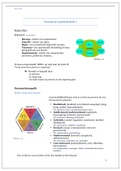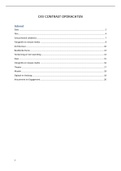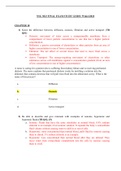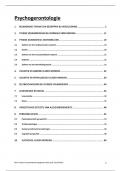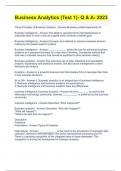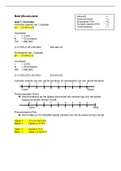Lecture notes
speech production and perception
- Module
- Psyc131 brain and cognition
- Institution
- The University Of Liverpool (UoL)
In depth lecture notes about speech production and speech perception/brain and cognition, may also contain diagrams and references- easy to understand layout great revision/exam prep
[Show more]




